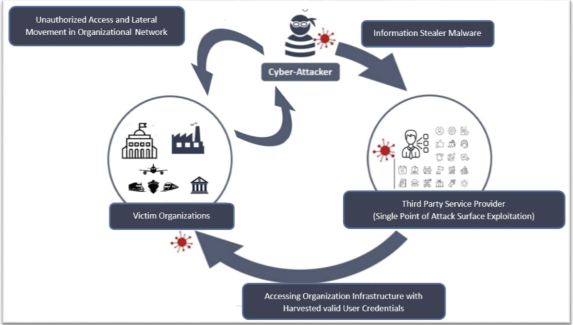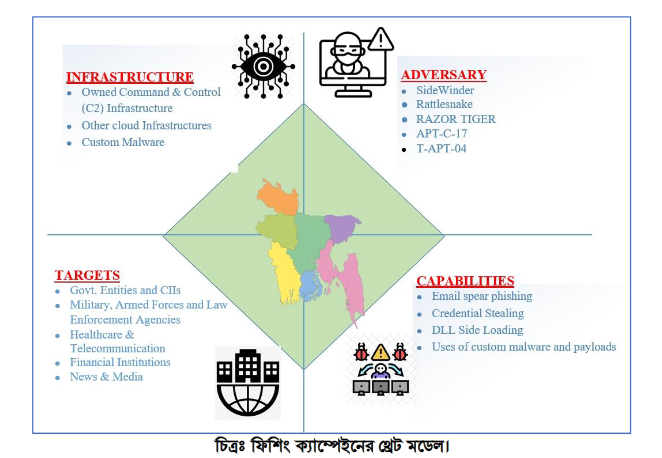Apache Tomcat CVE-2017-5664 Security Bypass Vulnerability
by CIRT Team
Description: The error page mechanism of the Java Servlet Specification requires that, when an error occurs and an error page is configured for the error that occurred, the original request and response are forwarded to the error page. This means that the request is presented to the error page with the original HTTP method. If the error page is a static file, expected behaviour is to serve content of the file as if processing a GET request, regardless of the actual HTTP method. The Default Servlet in Apache Tomcat 9.0.0.M1 to 9.0.0.M20, 8.5.0 to 8.5.14, 8.0.0.RC1 to 8.0.43 and 7.0.0 to 7.0.77 did not do this. Depending on the original request this could lead to unexpected and undesirable results for static error pages including, if the DefaultServlet is configured to permit writes, the replacement or removal of the custom error page. Notes for other user provided error pages: (1) Unless explicitly coded otherwise, JSPs ignore the HTTP method. JSPs used as error pages must must ensure that they handle any error dispatch as a GET request, regardless of the actual method. (2) By default, the response generated by a Servlet does depend on the HTTP method. Custom Servlets used as error pages must ensure that they handle any error dispatch as a GET request, regardless of the actual method.
Impact: An attacker can exploit this issue to bypass certain security restrictions and perform unauthorized actions. This may lead to further attacks.
The following versions are affected:
- Apache Tomcat 9.0.0.M1 through 9.0.0.M20
- Apache Tomcat 8.5.0 through 8.5.14
- Apache Tomcat 8.0.0.RC1 through 8.0.43
- Apache Tomcat 7.0.0 through 7.0.77
Mitigation: Updates are available. Please see the references or vendor advisory for more information.
Reference URL’s:
- https://cve.mitre.org/cgi-bin/cvename.cgi?name=CVE-2017-5664
- http://www.securityfocus.com/bid/98888/info
- https://lists.apache.org/thread.html/a42c48e37398d76334e17089e43ccab945238b8b7896538478d76066@%3Cannounce.tomcat.apache.org%3E
- http://www.oracle.com/technetwork/security-advisory/cpuoct2017-3236626.html
Recommended Posts

Cyber Threat Alert: Surge in Attacks via Compromised Third-Party Service Providers
08 Feb 2024 - Articles, English articles, Security Advisories & Alerts












